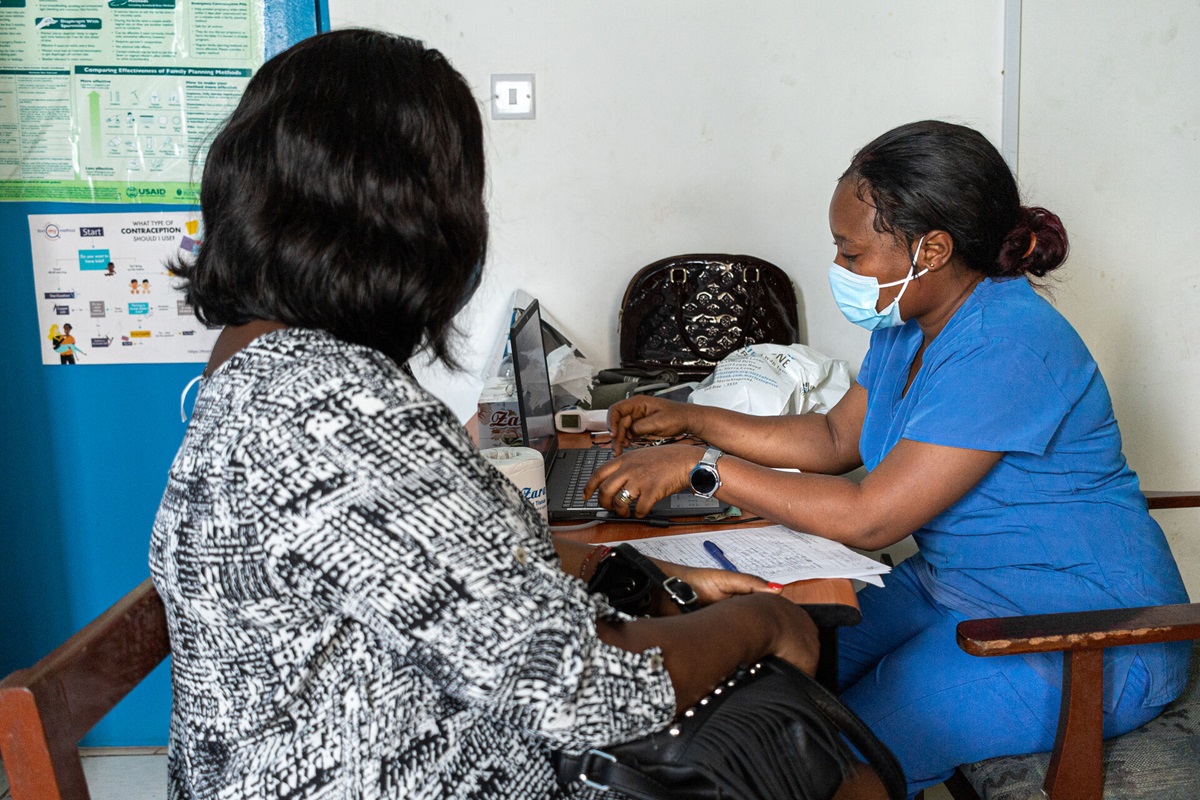International Safe Abortion Day is an opportunity to raise awareness about the importance of safe, respectful and rights-based abortion care as a fundamental part of health and human rights. The World Health Organization (WHO) and the UN’s Special Programme in Human Reproduction (HRP) remain committed to ensuring that all people have access to quality abortion care as part of universal health coverage and essential health services.
Unsafe abortion continues to be a major public health concern. Globally, nearly half of all abortions (45%) are unsafe, leading to preventable illness and death. When carried out using WHO-recommended methods, abortion is a simple and safe intervention. Ensuring access to abortion care reduces maternal mortality, improves health outcomes and protects the dignity and rights of women and girls worldwide.
Global initiatives and updated guidelines
WHO remains committed to providing evidence-based information and supporting countries to adapt and implement guidance as requested. Over the past year, this has included the release of new products and translations, expanding the reach and impact of WHO’s normative work.
This commitment is further strengthened through the BRIDGES initiative (bolstering rights, inclusion and gender equality for SRH), a collaboration between HRP, WHO and Global Affairs Canada. BRIDGES links comprehensive abortion care with broader sexual and reproductive health and rights, supporting integrated services, evidence generation and policy action in countries such as the Democratic Republic of Congo, Ethiopia, Ghana, Liberia, Mozambique, Nepal, Pakistan and Sierra Leone.
Recent research and resources reinforce the need for stronger action. The Abortion care guideline is the foundational document that consolidates all previous evidence and provides updated recommendations across law, policy, clinical services and service delivery. The guideline underscores that abortion care must be effective, safe, accessible and equitable, and that laws and health systems should be designed to respect human rights and ensure continuity of care. A second edition of the guideline has now been released, which includes updated remarks for Recommendation 22. Importantly, no changes have been made to the recommendation itself or to any other recommendations in the document.
Expanding access through medicines and education
Recently, WHO also released the new Model List of Essential Medicines 2025. For the first time, medicines for medical abortion are presented in a dedicated section, listing mifepristone and misoprostol for induced abortion, intrauterine fetal demise, and the management of incomplete abortion and miscarriage. The list no longer carries the boxed caveat, in place since 2005, that singled out these medicines as only to be used where legally permitted or culturally acceptable. Its removal reflects that the Model List is based on scientific evidence and that all medicines are, as always, assumed to be used within national legal and regulatory frameworks.
This year also marks the launch of the new online course on integrating a human rights approach to comprehensive abortion care. This course is a collaboration between UNFPA, WHO AFRO, and WHO/HRP with the support of the 2gether 4 SRHR programme and hosted on the WHO Academy. The course equips health workers, policymakers and advocates with the knowledge to apply human rights principles in practice and to deliver abortion care that is safe, legal and respectful.
Together, these efforts reaffirm HRP’s and WHO’s commitment to advancing safe abortion care as a key element of sexual and reproductive health and rights, and as a cornerstone of dignity, equality and health for all.

